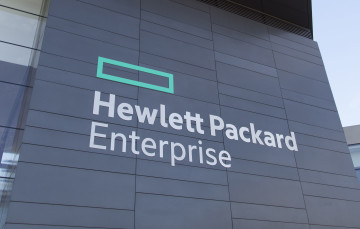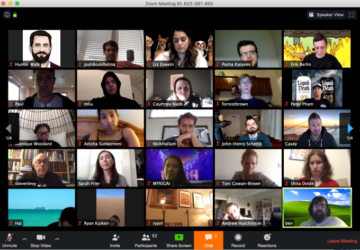 Prime Networks has announced the acquisition of Bournemouth-based MSP G3 Solutions.
Prime Networks has announced the acquisition of Bournemouth-based MSP G3 Solutions.
Prime Networks’ managing director Mark Simons said G3 Solutions will further bolster its team and widen its national reach.
“G3 Solutions was a natural fit for us and we are excited once again to be growing our team with such a talented group of people and formidable clients”, Simons said.
G3 Solutions offers server and network installation, cloud solutions and backup and disaster recovery and counts HP, Microsoft, VMWare and Dell among its vendor partners and works with over 130 businesses while employing nine staff, according to its website.



















